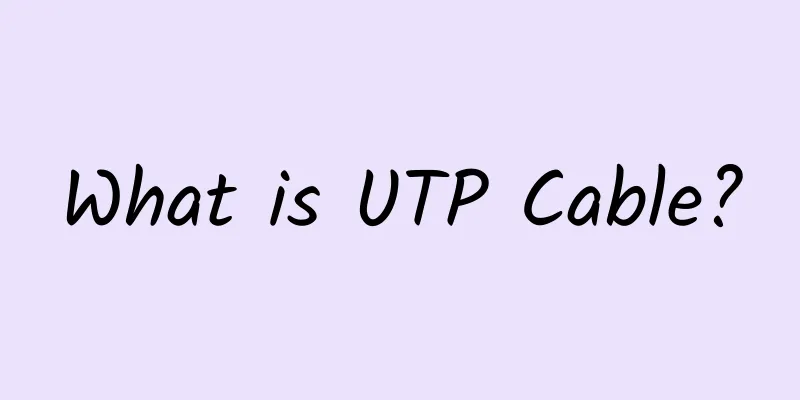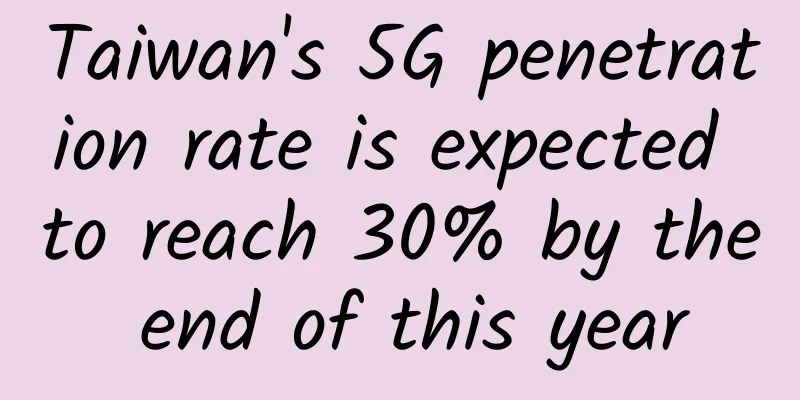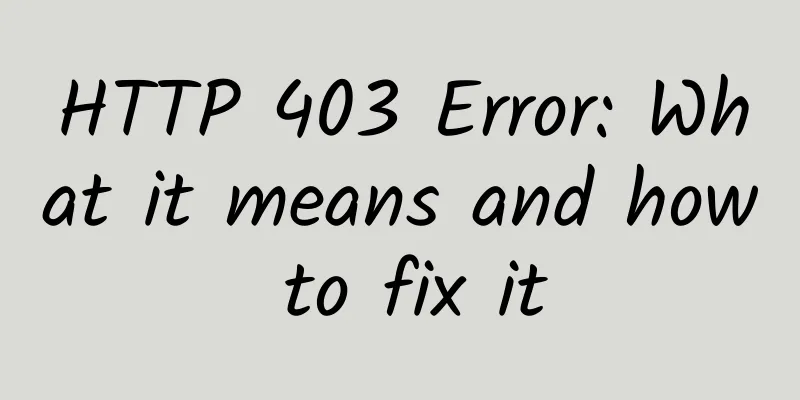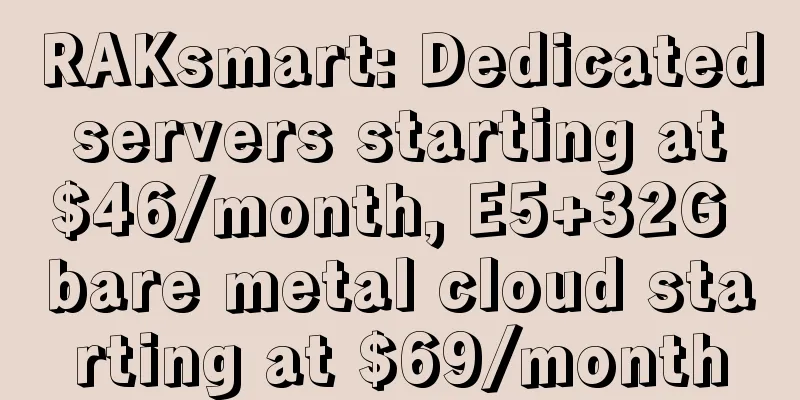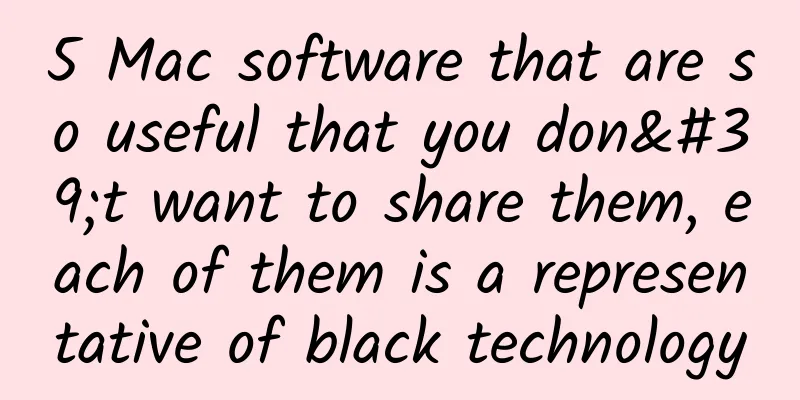Are blockchain and IoT a match made in heaven?
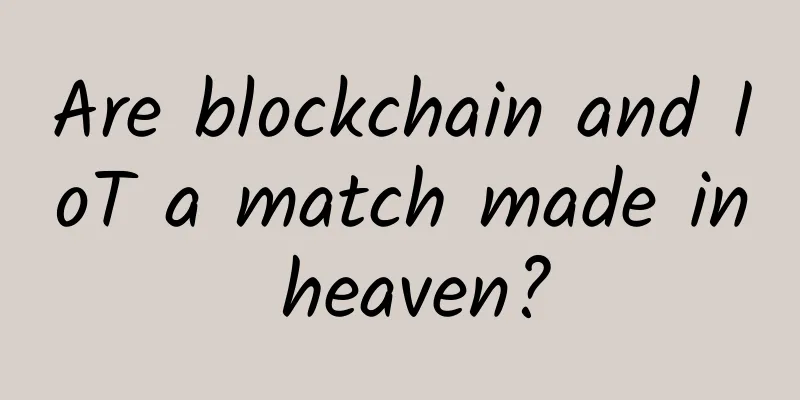
|
The Internet of Things (IoT) market is on an upward trend in 2017. Everything from home automation to smart city planning is part of the IoT. Even though research firm Gartner predicts there will be 20.4 billion connected devices by 2020, there are still questions about the traditional shortcomings of IoT networks. For example, if every home appliance relies on connecting to the Internet, then a simple hacker on the network can render most of the devices useless, or even attack the network to steal all the data transmitted by sensors in the Internet of Things. Even worse, if the encryption is not complete, all of the company's data can easily fall into the hands of hackers.
The traditional IoT is indeed insecure due to its centralized model. Any single point of attack on any large IoT infrastructure will have a negative impact on the functions of these devices. If blockchain technology with P2P verification becomes a new operating model that the Internet of Things can choose, basically, the data in the blockchain is encrypted, and in the field of the Internet of Things, each device can communicate with each other, and the use of blockchain can basically solve the problem of single point hacking. From another perspective, blockchain seems to bring great hope to IoT networks because of its decentralization, multiple layers of redundancy, exponentially enhanced security, and many other improved features, which also saves manufacturers from having to spend money on research and development to defend against traditional hacker attacks. Overall, Bitcoin was launched in 2009 and is the first practical application of blockchain. In digital currency cases like Bitcoin, blockchain is used as a public, distributed ledger that records transactions in a secure and immutable way. Today, companies are trying to integrate blockchain into almost all industries, from agriculture to logistics, and it has been repeatedly studied. This has also led to the emergence of many startups. After all, blockchain technology is still in its infancy. Although its financial applications have become the first field of trial, there are still many uncertainties in the advantages of blockchain outside the field of cryptocurrency. At present, some companies have begun to work on the integration of blockchain and the Internet of Things, and perhaps we will see results in the near future. From a theoretical point of view, blockchain seems to be the ultimate solution for the Internet of Things network, but before integrating these two technologies together, manufacturers still have to consider that the Internet of Things belongs to the technology industry and must be upgraded every few years, which is also a challenge for blockchain. In addition, the development of the Internet of Things has not yet reached a truly mainstream position, so there are still many areas that need to be improved, which is also something that manufacturers must think about. |
<<: Internet of Things, AI: Seven major trends that will reform enterprise IT in 2018!
>>: The 10 coolest software-defined networking technologies of 2017
Recommend
FCC win clears way for massive Wi-Fi 6E upgrade
A ruling [PDF] made public on Tuesday by the U.S....
If the Internet connection becomes slow, you don't need to change the router and restart it to restore it to full health
When you use WiFi at home to surf the Internet, i...
What will be the future of the Internet after the heyday?
On April 19, it was reported that the current Int...
[New Year's Day] HostYun offers 15% off on all items, VPS in Hong Kong/Japan/USA/Korea starting from 15 yuan per month, CN2 GIA/AS9929 line
HostYun has launched a Christmas and 2024 New Yea...
The countdown to global 5G commercialization begins: an overview of the industrial landscape of various countries
In 2017, the global 5G mobile communications era ...
Ruijie Networks: Linking Network + Security to Prevent Campuses from Becoming "Mines"
Campus networks have a large number of users and ...
Does China need Wi-Fi 6E?
As WRC-23 (2023 World Radiocommunication Conferen...
No one is forcing us to upgrade to 5G? The latest regulations are released: those who force 5G packages will be severely punished
I guess everyone here is already familiar with th...
LOCVPS National Day Promotion: 40% off for Netherlands/Germany/Russia (CN2) VPS, 20% off for all items, top up 100 yuan and get 10 yuan free
LOCVPS has released a special discount plan durin...
Four questions to help you understand what DCIM is?
[[126709]] Question 1. What is DCIM? DCIM stands ...
What technical support is needed to build a fixed network architecture based on SDN/NFV?
As of the end of October 2016, the number of Chin...
In the 5G era, what kind of data center do operators need?
The evolution of mobile communication networks is...
2018 Trend Forecast and Future Outlook
1. About safety 1. Connected cars are more than j...
Application performance improved by 70%, exploring the implementation principle and implementation path of mPaaS full-link stress testing
Business Background As the mobile development ind...
CloudCone Black Friday Pre-heating: $16.79/year - dual core, 1G memory, 30G hard drive, 3TB/1Gbps, Los Angeles data center
Although Black Friday is still a while away, Clou...

